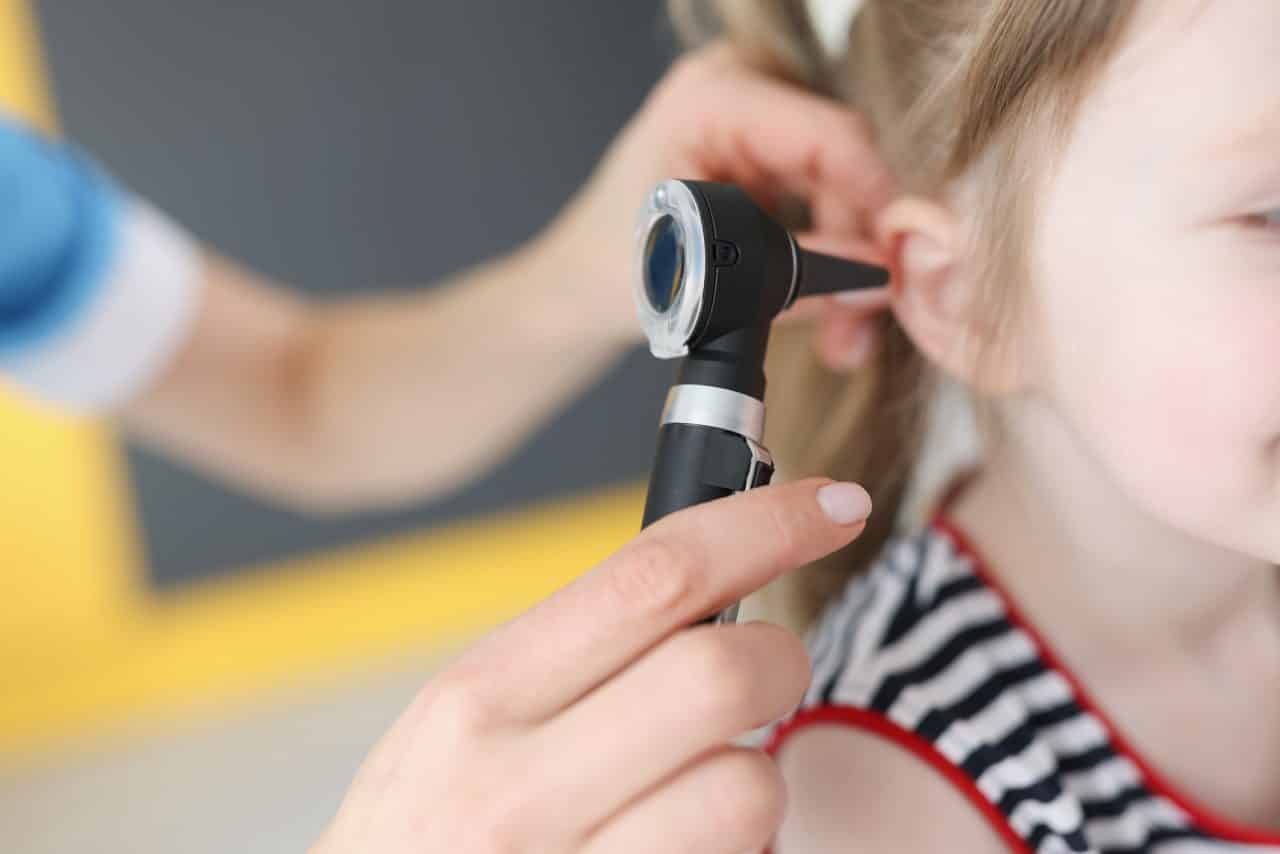If you’re a parent, you’ve probably felt like your child wasn’t listening to you on more than one occasion. However, if they have started to complain that noises sound funny or seem like they struggle to hear you call their name at World of Wonder Park, they may be experiencing temporary hearing loss.
Let’s look at a few of the common causes of temporary hearing loss in children, as well as the available treatment options.
Ear Infections

Ear infections are incredibly common in young children. The National Institute on Deafness and Other Communication Disorders (NIDCD) states that five out of six children will experience at least one ear infection by the time they are three years old.
Ear infections typically occur when fluid becomes trapped in the middle ear, causing it to become swollen and infected. While older children will be able to tell you that their ear hurts, younger children may not be able to verbalize what they are experiencing. In that case, watch out for some of these common signs:
- Fever
- Tugging or pulling at ear
- Increase in fussiness
- Trouble sleeping
- Fluid draining from ear
Some children will also experience muffled hearing or temporary hearing loss during infection. The good news is that ear infections almost always clear up on their own, and with that, symptoms resolve. However, it’s always important to check in with your pediatrician to see if they recommend additional treatment.
Swimmer’s Ear
Swimmer’s ear is another type of infection that can often come from swimming, especially in non-chlorinated water like a nearby lake. In addition to pain, it can also cause muffled hearing. Make sure to keep your child’s ears dry and clean, especially after swimming. If they have symptoms of an infection, make an appointment with their doctor, who may prescribe antibiotic eardrops for the condition.
Impacted Earwax
While you might think it’s necessary to clean your child’s ears with cotton swabs, you actually are likely doing more harm than good. Our ears are pretty good at self-cleaning, and a certain amount of earwax is actually a good thing.
You can use a washcloth to gently wash your child’s ears during bath time but avoid sticking any objects in the ear to remove earwax. This can push earwax further into the ear canal and cause impaction. Impaction may cause pain and trouble hearing.
If you suspect your child has earwax impaction, take them to their medical provider. They can safely and quickly remove any excess earwax that may be present.
For more information or to schedule an evaluation for your child, call the Georgia Hearing Center at ENT of Athens today.